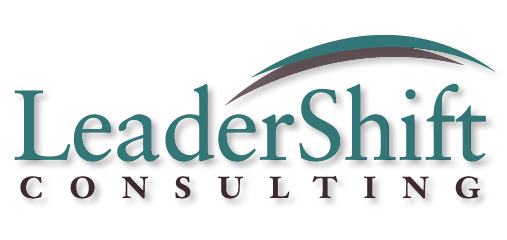Grit and Grace…On Behalf of What?
I usually steer away from philosophy in this blog, focusing more on practical leadership topics. But from time to time, I think it’s important to step back from the ‘how to’ of leading with grit & grace and look more deeply at the ‘why.’ On behalf of what does this work exist?
The underlying purpose of Leading With Grit & Grace™ is to help individuals and institutions address what I call the ‘tyranny of success.’ On one hand, it is critically important to establish what we’re good at. This forms the very foundation of our effectiveness. For example, a leader discovers that she gets great results by being understanding with her people, so she adopts a compassionate leadership style. A company sees a spike in profits by downsizing, and develops a core ethos of ‘doing more with less.’ In other words: we take an action; we like the result. So we “rinse and repeat” a few times, and pretty soon, we’ve got a bona fide formula for success. Great, right?
Not necessarily. We humans tend to fall truly, madly and deeply in love with what works for us, and this can become a problem. Over time, we may stop paying attention to whatever falls outside our loving gaze, and our attentions and actions become imbalanced without our knowing it. Seemingly out of nowhere, our once-reliable strategy for success starts to wreak havoc: not because it’s the wrong strategy, but because it’s built on a partial set of values that we believe to be complete. Sure, it’s great to be good to your people. But at some point, too much kindness will tank your efficacy. It’s great to maximize efficiency. But continually stressing your people and resources will ultimately exact a heavy price.
The tyranny of success occurs when we lean on one set of values (and their resulting behaviors) and neglect their necessary opposites: kindness to the neglect of firmness; profits to the neglect of sustainability; ambition to the neglect of service; growth to the neglect of recovery and stabilization. It is in the forgetting of these necessary opposites that our strengths become liabilities and can begin to do real harm. It is from this forgetting that burn-out, abuse, complacency, greed, exploitation, and demoralization arise.
So regardless of the scale or context in which we are working, the work we do at Leading With Grit & Grace™ is always about helping people and institutions to transcend the tyranny of their success, and to develop a more balanced and sustainable form of thought, action and impact. It is on behalf of this intention that we exist.
What about you?
What are your (or your institution’s) formulas for success?
What values are at the core of your formula?
What do those values make possible for you and others?
What are the positive opposites of those values? Which of these positive opposites might you be overlooking or undervaluing?
How might you integrate some of those neglected values more fully to support your success?
